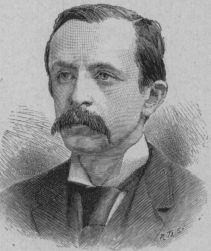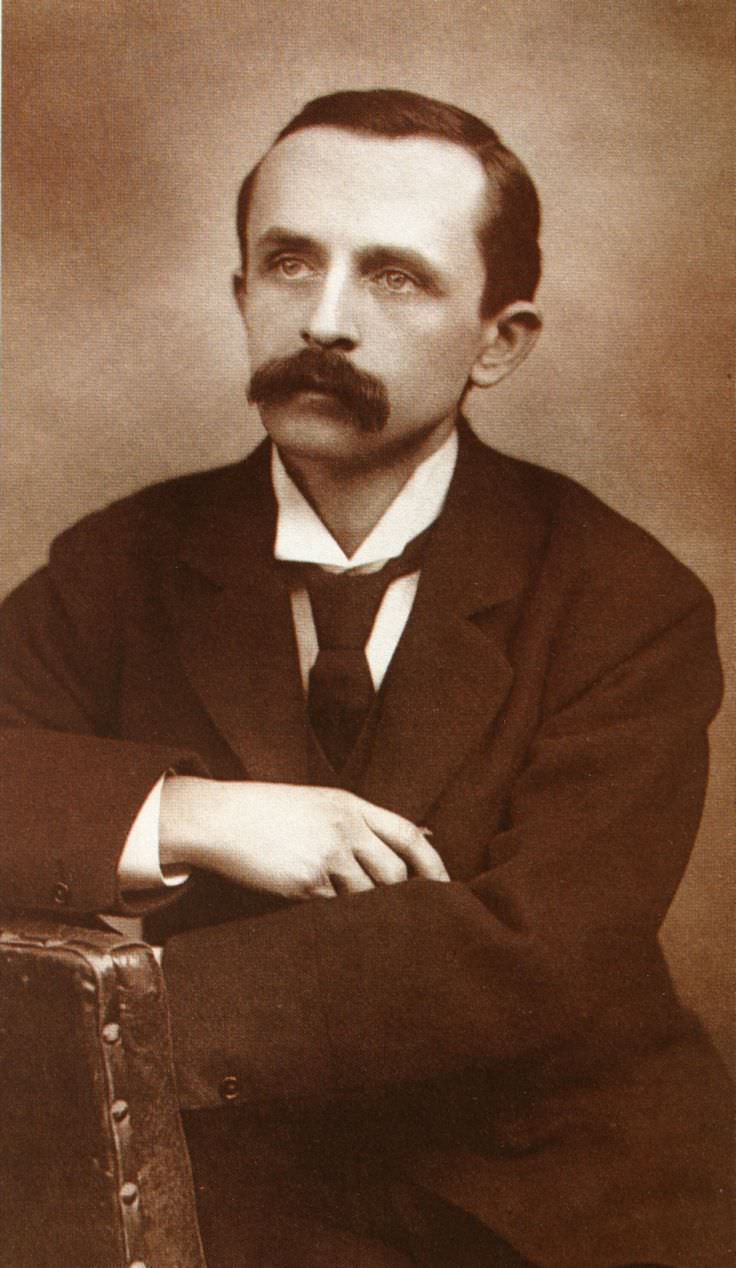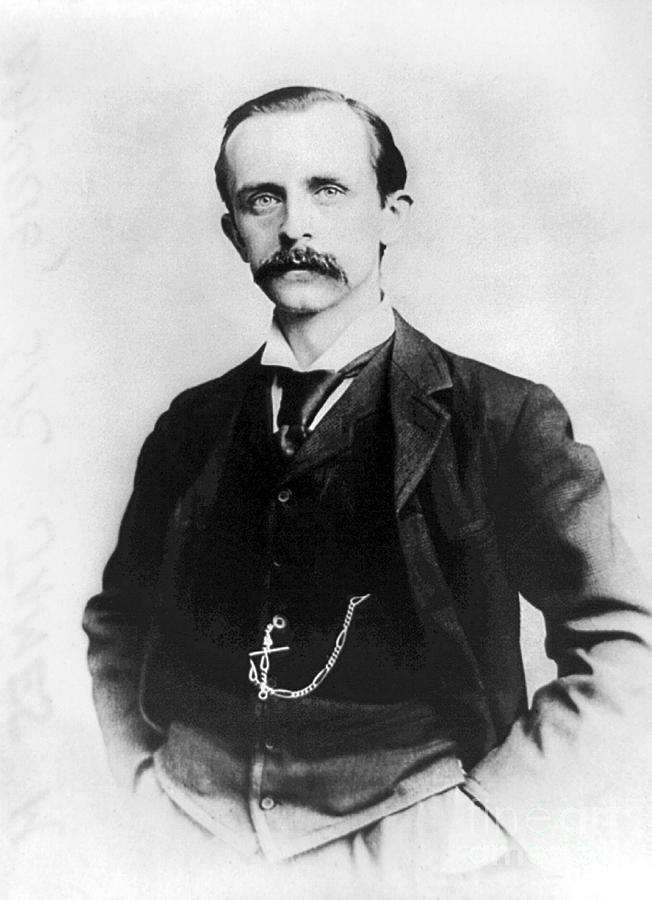



Depp resembles Barrie in no way, except in his slenderness of form. Barrie and the circumstances under which Peter Pan leaped into existence. A new film, entitled “Finding Neverland,” tells the story-or a decorated version of the story-of J. M. Not even Barrie’s ardent admirers, however, would have described him as a matinée idol, and he would have been wryly flattered to find himself reincarnated, for the centenary of “Peter Pan,” in the beauteous person of Johnny Depp. Up to his death, in 1937, Barrie, as a result of his novels and plays, was one of the most famous men of his day when Chaplin, on a trip to London in 1921, was asked whom he most wanted to meet, the answer was J. M. Both in face and in body-and, it became apparent, in the lineaments of his soul-Barrie seemed ill-suited to adult life, and those neat, child-friendly features sank all too readily into the caved-in sadness of old age. Of humble origins, he grew rich, yet his choice of overcoat remained several sizes too large, as if he were wearing a father’s hand-me-down. He had a heavy mustache and a pipe smoker’s percussive cough. He was short and slight, with bags under his eyes and a pale, protuberant brow, like a clever schoolboy who has stayed up late reading books under the bedclothes. Barrie: Jimmy to some of his friends, and, in his later pomp, Sir James. The play is “Peter Pan,” and, like its eponymous hero, it gives freakishly little sign of growing old. Most plays enjoy a fitful life, at best, but we can be fairly sure that this winter grown men will once again drop on all fours and work up a canine sweat, while grown women will crop their hair, pull on green tights, and turn into temporary boys. The man was an actor named Arthur Lupino, suffering for his art in a shaggy costume, and the dog was called Nana. Illustration by Gerald ScarfeĪlmost a hundred years ago, at half past eight on the evening of December 27, 1904, the curtain went up at the Duke of York’s Theatre, in London, to reveal, among other things, a man dressed as a dog. Barrie’s play, like its eponymous hero, gives freakishly little signs of growing old.


 0 kommentar(er)
0 kommentar(er)
